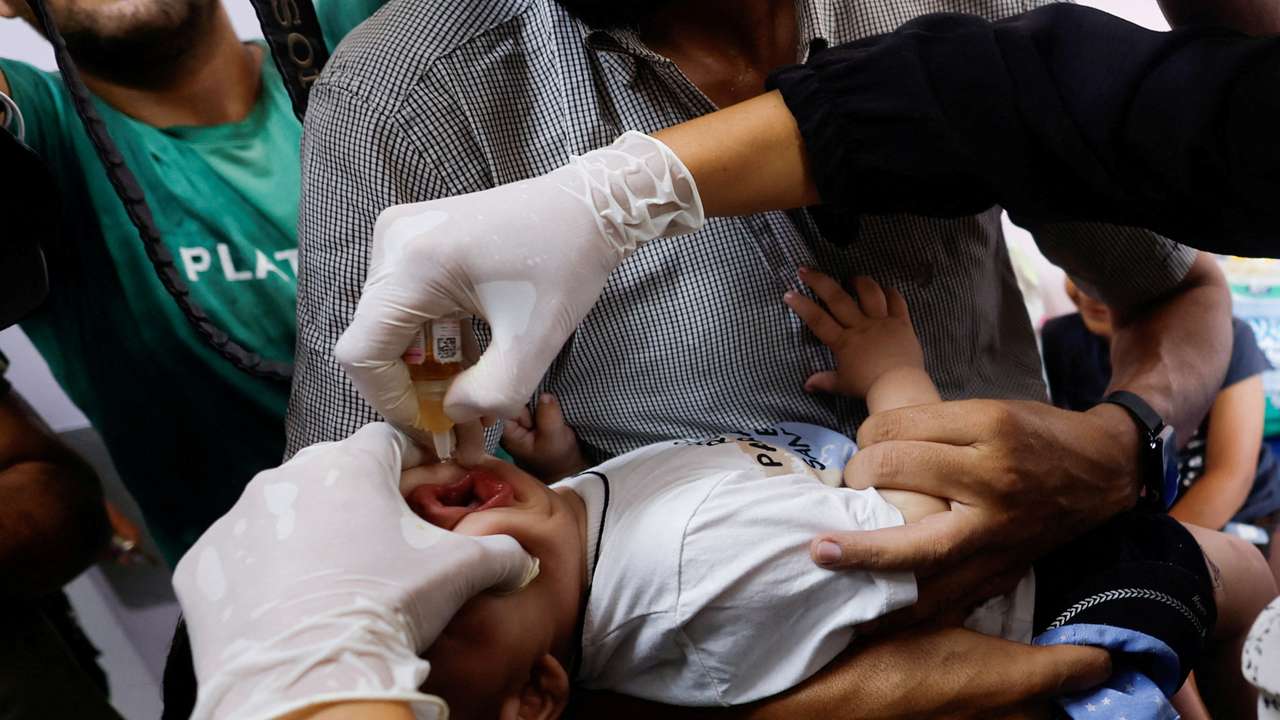Global health fund says health, climate, conflict 'triple whammy' hits world's poorest

Global health fund says health, climate, conflict 'triple whammy' hits world's poorest
By Jennifer Rigby
Climate change and conflict risk overshadowing efforts to improve people's health, when in reality the issues overlap, Peter Sands, head of the Global Fund to Fight AIDS, Tuberculosis and Malaria, said.
He was speaking in London ahead of Thursday's release of the Global Fund’s 2024 report covering its work last year, which showed improvement in tackling the three diseases after COVID-19 knocked efforts off course.
Despite the progress, Sands said another pandemic legacy is that donor governments are weary of making money available for health, raising concerns about next year's financing round to cover the Fund's work in 2026-2028.
"It is certainly the case that global health is somewhat eclipsed by issues around climate change and conflict," he said, issues inseparable from health.
“The same people… the very poorest people are being hit by this triple whammy,” he said.
Climate change kills people by increasing malnutrition and causing disease, while conflicts can lead to more deaths from the collapse of healthcare systems than from bullets and bombs.
The Global Fund is the biggest international funder of efforts to fight TB and malaria, and second largest for HIV, investing more than $5 billion a year across the three diseases.
Thursday's annual report showed that in 2023, some 25 million people were on antiretroviral therapy, 7.1 million treated for TB, and 227 million mosquito nets were distributed in the countries where the Global Fund works, all improvements on 2022.
Since the Fund's inception in 2002, the combined death rate from the three diseases has been cut by 61%, saving an estimated 65 million lives, the report said.
With health partners, the Fund also pushes for price reductions for medical supplies and achieved cuts to HIV and TB treatments in 2023, as well as lower costs for bednets to protect against the mosquitos which spread malaria.
Sands said cuts were also needed for what he called exciting new HIV tools like lenacapavir, Gilead Science’s long-acting injectable drug.
“They have to be at a price point where we can provide them at scale,” Sands said.
This article was produced by Reuters news agency. It has not been edited by Global South World.